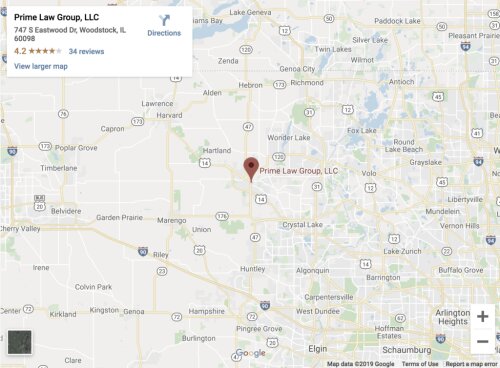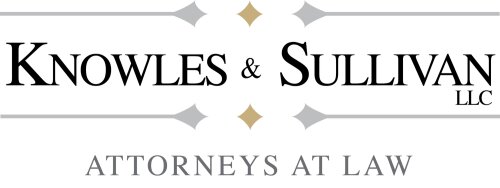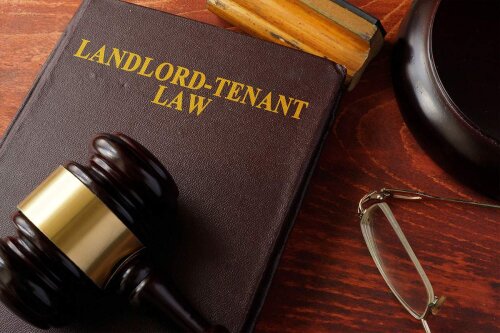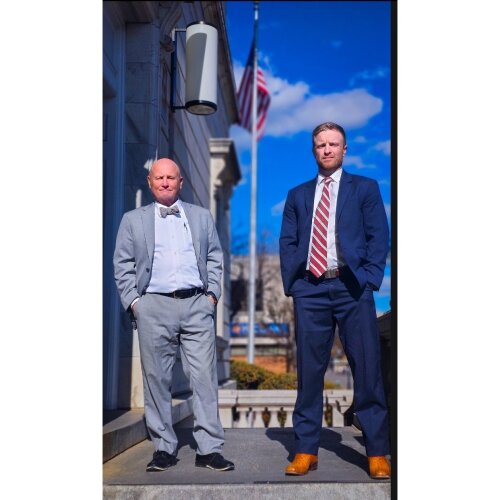Best Land Use & Zoning Lawyers in Alabama
Share your needs with us, get contacted by law firms.
Free. Takes 2 min.
Free Guide to Hiring a Real Estate Lawyer
Or refine your search by selecting a city:
List of the best lawyers in Alabama, United States
About Land Use & Zoning Law in Alabama, United States
Land use and zoning law in Alabama regulates how land and property can be used within cities, towns, and counties across the state. Zoning ordinances separate areas of the community into zones, such as residential, commercial, industrial, and agricultural. These laws are primarily designed and enforced by local governments to promote public health, safety, and general welfare, and to manage urban growth responsibly.
Typical land use and zoning regulations cover limits on building heights, lot sizes, the type of structures that can be built, property line setbacks, and what activities may occur on certain parcels of land. In Alabama, local planning commissions and zoning boards play key roles in developing and interpreting these regulations.
Why You May Need a Lawyer
Land use and zoning issues can become complex quickly, often involving interpretation of statutes, negotiation with local authorities, or challenging administrative decisions. Here are some common scenarios when you might need legal help:
- Applying for a zoning change or special use permit
- Challenging a zoning board's decision that negatively affects your property
- Dealing with land use disputes between neighbors or neighboring businesses
- Addressing code enforcement complaints or violations
- Ensuring your development plans comply with all applicable zoning laws
- Appealing a denial of a building permit or variance
- Navigating issues involving nonconforming uses or grandfathered rights
- Understanding environmental or historic preservation restrictions
A knowledgeable land use attorney in Alabama can help protect your property rights, guide you through permitting processes, or represent you in administrative hearings and court proceedings.
Local Laws Overview
In Alabama, land use and zoning authority is largely decentralized, meaning cities, towns, and counties each have their own ordinances and processes. While the Alabama state code provides the legal framework allowing municipalities to create zoning laws, each locality tailors their regulations to address local needs.
Key aspects of local laws include:
- Zoning districts: Cities and counties designate areas for residential, commercial, industrial, and agricultural uses, often with further subdivisions (such as multi-family or light industrial districts).
- Permitted and conditional uses: Each zoning district lists what types of structures and activities are automatically allowed, and which require special approval.
- Variances and exceptions: Property owners can apply for variances if strict application of the law creates hardship, but these are usually granted only under limited circumstances.
- Nonconforming uses: Older uses that do not conform to current laws may be allowed to continue under certain conditions.
- Enforcement and appeals: Zoning and code enforcement offices investigate complaints, issue violations, and make decisions that can generally be appealed to Boards of Adjustment or local courts.
- Comprehensive plans: Many local governments develop long-term growth plans that influence future land use and zoning decisions.
It is important to consult the specific ordinances for the city or county where your property is located, as rules can vary widely across Alabama.
Frequently Asked Questions
What is zoning and how does it affect my property in Alabama?
Zoning regulates how land and buildings can be used in specific geographic areas. Your local zoning ordinance determines whether you can use your land for residential, commercial, industrial, or other types of activities, and may also restrict the size, placement, and design of structures.
Who enforces zoning regulations in Alabama?
Zoning regulations are enforced by local code enforcement officers and planning departments, overseen by zoning boards or boards of adjustment within each city, town, or county.
How can I find out my property’s zoning classification?
You can check your zoning classification by contacting your local city or county planning department or by searching property records and zoning maps, which are often available on municipal websites or at city hall.
What is a variance and how do I get one?
A variance is an exception to a zoning ordinance granted to relieve hardship caused by strict application of the rules. You must apply to your local zoning board, providing evidence of hardship and showing that the variance will not harm surrounding properties or conflict with public interest.
Can a zoning decision be appealed?
Yes, if you disagree with a zoning board’s decision, you can usually appeal to a local Board of Adjustment and, if necessary, to a court. There are strict deadlines and procedures, so it is wise to consult with a lawyer as soon as possible.
What is a nonconforming use?
A nonconforming use refers to property uses or structures that were legal before the current zoning ordinance but do not conform to new rules. These uses may be allowed to continue, but expansion or rebuilding is often restricted.
Can my neighbor build whatever they want on their land?
Not usually. Neighbors must comply with all applicable zoning ordinances, building codes, and permits. If you believe your neighbor is in violation, you can report the issue to code enforcement authorities.
What should I do if I receive a zoning violation notice?
You should review the notice carefully to determine the alleged violation, and consider consulting a land use attorney to review your options. You may be able to remedy the violation, seek a variance, or challenge the notice if you believe it was issued in error.
How do land use and environmental regulations interact in Alabama?
Zoning ordinances often work in conjunction with state and federal environmental laws to protect wetlands, floodplains, and other sensitive areas. Special restrictions may apply, and additional permits may be required for certain types of development.
Do I need legal help for a simple building permit?
Most routine building permits do not require a lawyer, but if your project is complex, faces neighbor opposition, or involves zoning questions, consulting with a land use attorney can help prevent costly mistakes.
Additional Resources
If you need more information or support related to land use and zoning in Alabama, consider reaching out to:
- Alabama State Bar Association - Lawyer referral and educational resources
- Your city or county's Planning and Zoning Department - For ordinances, applications, and local maps
- Alabama Department of Economic and Community Affairs (ADECA) - Guidance on community development and land use planning
- Local Boards of Adjustment - For appeals and variances
- University or public library legal sections - For land use statutes and educational guides
- Community legal aid services - For those who qualify for free or reduced legal services
Next Steps
If you need legal assistance with a land use or zoning issue in Alabama, start by identifying the specific problem and gathering all relevant documents such as property deeds, maps, zoning notices, or correspondence with local authorities. Reach out to your local planning department to understand the specific rules and procedures in your jurisdiction. Next, consider making an appointment with an attorney who specializes in land use and zoning law. A lawyer can review your situation, advise on your rights and options, and help you navigate local regulations or dispute resolution processes. Acting promptly can help you protect your property interests and ensure compliance with Alabama’s land use and zoning laws.
Lawzana helps you find the best lawyers and law firms in Alabama through a curated and pre-screened list of qualified legal professionals. Our platform offers rankings and detailed profiles of attorneys and law firms, allowing you to compare based on practice areas, including Land Use & Zoning, experience, and client feedback.
Each profile includes a description of the firm's areas of practice, client reviews, team members and partners, year of establishment, spoken languages, office locations, contact information, social media presence, and any published articles or resources. Most firms on our platform speak English and are experienced in both local and international legal matters.
Get a quote from top-rated law firms in Alabama, United States — quickly, securely, and without unnecessary hassle.
Disclaimer:
The information provided on this page is for general informational purposes only and does not constitute legal advice. While we strive to ensure the accuracy and relevance of the content, legal information may change over time, and interpretations of the law can vary. You should always consult with a qualified legal professional for advice specific to your situation.
We disclaim all liability for actions taken or not taken based on the content of this page. If you believe any information is incorrect or outdated, please contact us, and we will review and update it where appropriate.
Browse land use & zoning law firms by city in Alabama
Refine your search by selecting a city.














